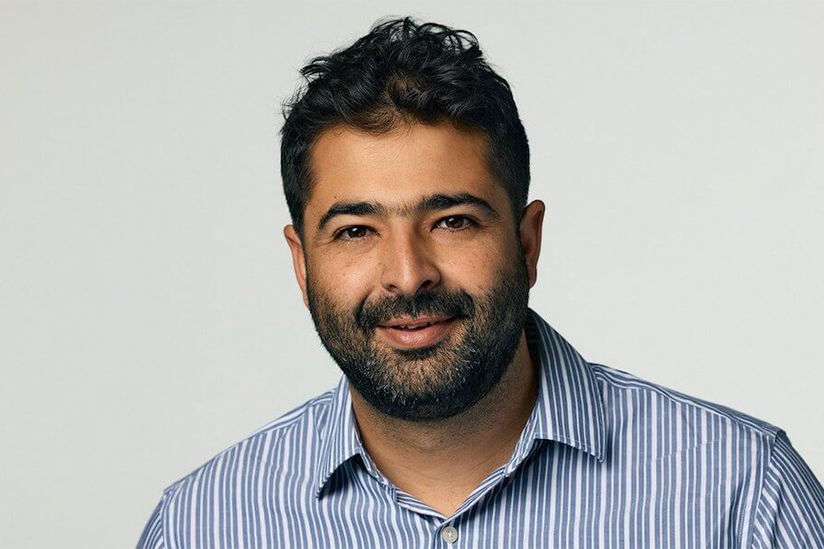Luis Francisco Villalobos joins USC Viterbi, bringing expertise in separation technology for energy transition and water filtration.
Separation technology is something many of us need just to face the day. Each morning, our trusty coffee filter works its magic, separating the coffee grinds and converting water into that bracing dose of liquid energy we require to function.
Luis Francisco Villalobos is interested in how this process can be harnessed at an atomic scale using advanced membranes made from energy-efficient materials. These cutting-edge membranes can secure our drinkable water supply, capture valuable elements from waste products, and aid the transition to clean energy.
In January, he joins the Mork Family Department of Chemical Engineering and Materials Science as an assistant professor, boosting the department’s capacity in separation technology to aid water filtration and pollution mitigation techniques such as carbon capture.
Villalobos said that half of the energy expended by the chemical industry goes into the industrial process of separation.
“My personal view is that this number will only increase because critical materials — like water, lithium, nickel and other metals — are stressed to levels where we need better separation technologies, so we can maximize their recovery,” he said.
